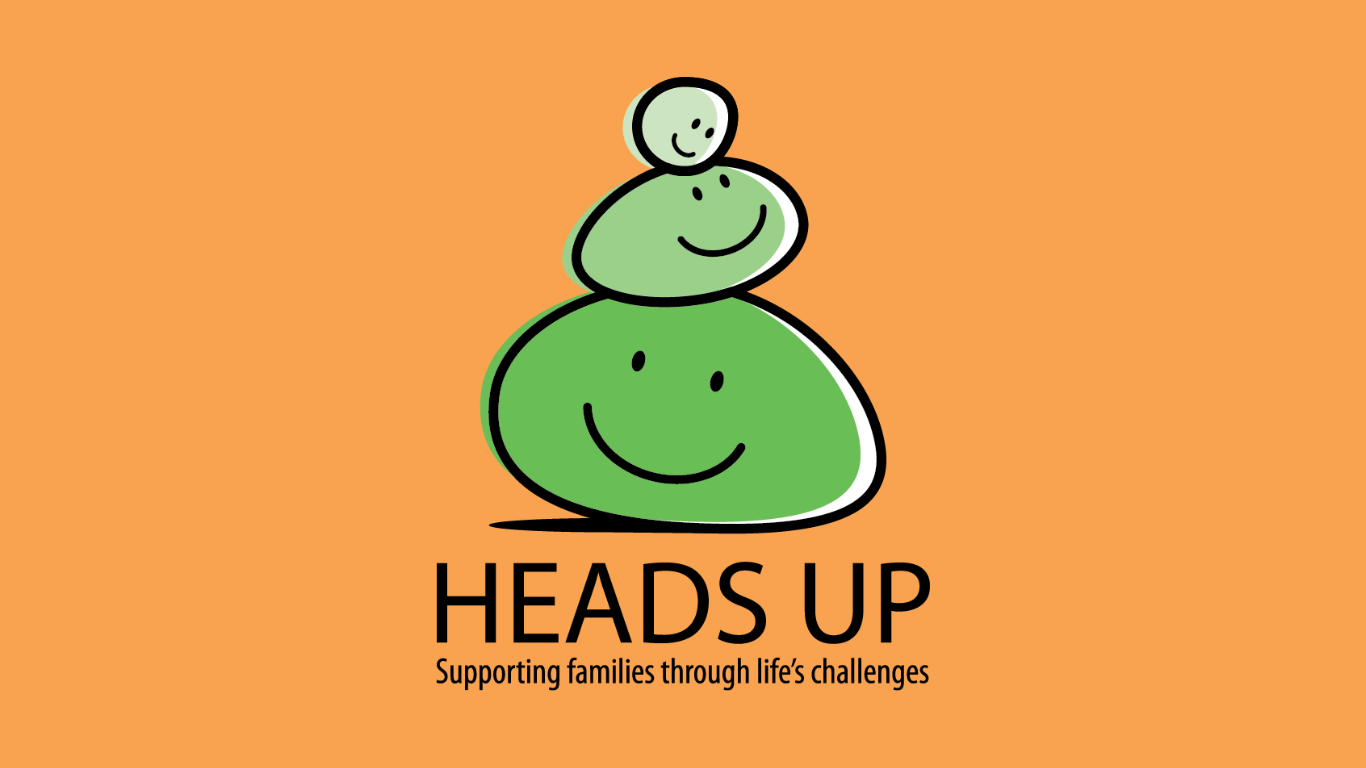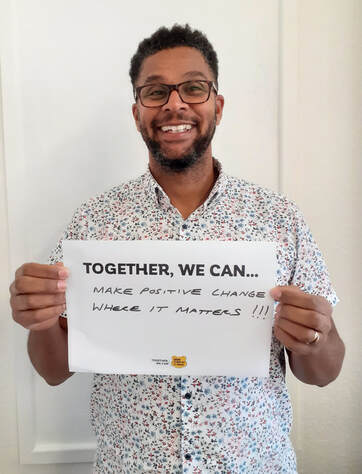|
2/4/2021 1 Comment Why engagement matters to CFFBy Henry Charles, CFF Project Manager At CFF we work extremely hard and pride ourselves on our ability to engage families (young people and parents/carers) with complex personal circumstances. Sometimes we need to provide a bit more support to enable these families to take up the offer of help and it's this way of working that sets us apart from other services. I would like to share with you the journey of one particular family that I had the pleasure of working with in the past (prior to the Coronavirus and Government restrictions). A young person was referred to CFF for a service by one of our partner agencies. Initially there was a reluctance to make a joint home visit by the referring agency. However, after some further negotiation a joint home visit was made to the family home. When we arrived, mum told us that her son was refusing to meet, stating that he was saying “he couldn’t be assed”. Mum told us that she was a lone parent with two children - her son and an older daughter. Whilst her daughter was doing well at college, her son had been refusing to attend school for some time, and he had lost interest in activities he once enjoyed (playing football etc), instead choosing to spending a lot of time alone in his bedroom.
On the occasions when he was going out, mum was worrying that he was mixing with other young people who have a negative reputation within the local community. During the visit I worked with this mother to encourage her son to leave his comfortable bed upstairs and join us in the lounge downstairs. I was then able to give him the opportunity to share his worries in a free and open way and beginning to explore with him how he might see a positive way forward. He wanted help with a return to school meeting as he was in the final year of his exams and had missed a lot of key revision, but more importantly he wanted support from school to access further education. As part of the way forward he agreed to attend a CFF Overcoming Anxiety sessions. Over the next few weeks the young person and I worked together to make these plans happen. I attended a return to school meeting with him and his mum and helped them share his plans moving forward. Shortly after this he did return to school and maintained his expected level of attendance. He also attended the CFF Overcoming Anxiety group and gave it a go, but decided that group sessions were not for him. Some months later, a second referral was made to CFF for this young person to attend Overcoming Anxiety sessions. I once again made a home visit and spent time speaking to him, but he was clear that he didn’t like sharing his views within a group as it increased his feeling of anxiety and he felt he was different from the others in attendance (in terms of culture, class and life experiences). He confirmed that he was still attending school and now spending more time outside of the house with his friends playing football. During this home visit his mother indicated that she had noticed some improvements in her son’s behaviours over the past few months and felt he was making efforts to improve his behaviours. However, she did mention that the communication and relationship between them at home had been poor for a number of years and that she felt he had been resentful since his father had left the family home and moved to another country (in need of a positive male role model - young person has been living with his mother, older sister and grandmother for a number of years). I offered mum the opportunity to attend CFF ‘Living with Teenagers’ sessions. Initially she was extremely reluctant to attend, stating that she experienced major levels of anxiety when leaving the family home (suffered with agoraphobia) and would only leave the home with her daughter to do the family shopping. After further discussion, encouragement and the offer of transport to and from the sessions she agreed to attend. Despite initially being extremely nervous this mother did amazingly well, attending all of the ‘Living with Teenagers’ sessions, and it was clear to see her self-esteem and confidence increasing which resulted improvements within her parenting role. She contributed well within the group and often spoke about how she was using the strategies developed within the sessions to good effect with her son. I recall within a session towards the end of the group her sharing that she had enjoyed the sessions and meeting others. Over the period of the group she had developed a friendship with another mother, who also experienced agoraphobia and they ended up sharing transport to and from the sessions and would enjoy chatting when they arrived early for the sessions. The feedback she gave about the changes to her relationship with her son will always stick with me: “we now go into town every Saturday morning and we sit and talk, whilst having a drink”. She said this with a smile on her face, glowing and proud of her achievements. Having worked at CFF for a number of years there are lots of other examples of successful engagement and tenacious behaviour that I could share in relation to the way we encourage families to take up our services. Sometimes it just takes a little bit more time, building trust and understanding a young person or parent's perspective. Engagement is part of who we are here at CFF. After all, “families are at the heart of us”.
1 Comment
|
AuthorCFF Archives
October 2023
Categories |


 RSS Feed
RSS Feed